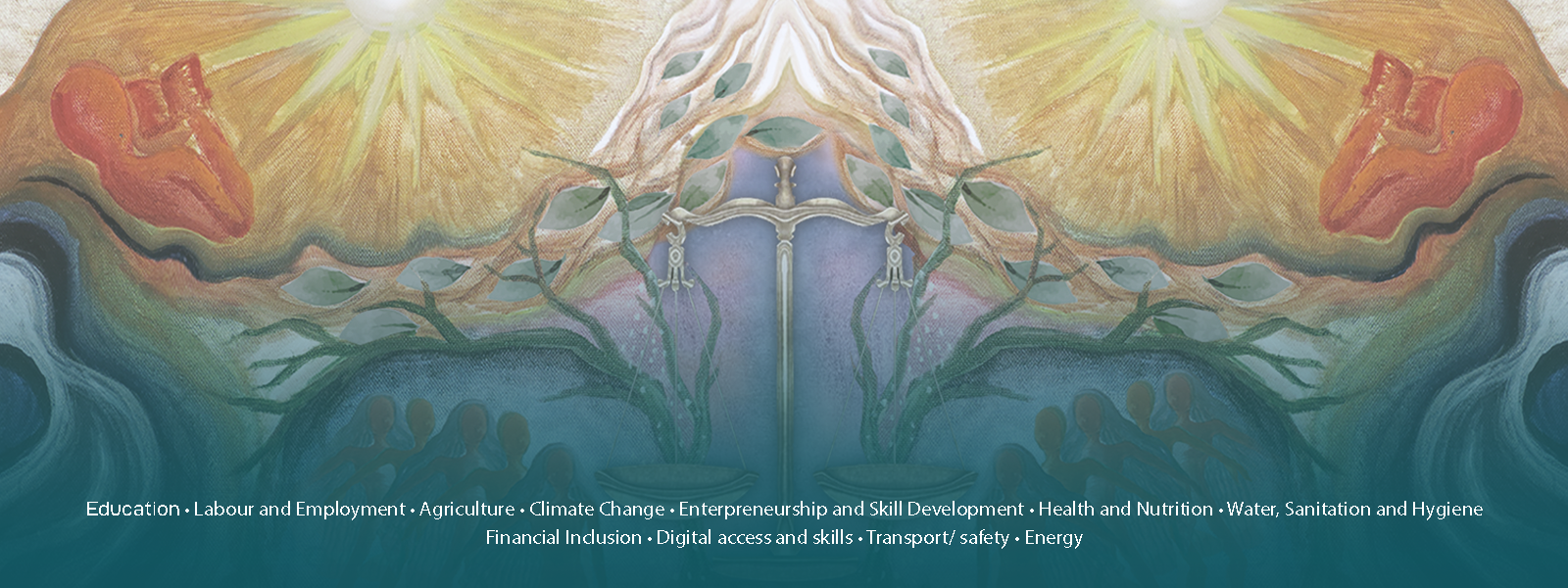
Gender-responsive policy making is at the heart of the global commitments towards gender equality. The 2030 Agenda for Sustainable Development has enshrined national and international commitments towards gender equality under Sustainable Development Goal 5 (SDG 5). Target 5.c under SDG 5 spells out the need for adoption and strengthening of policies and enforceable legislations to achieve gender equality at all levels. SDG 5.c is effectively an extension of the United Nations (UN) resolution S-23/3 on ‘Further actions and initiatives to implement the Beijing Declaration 1995 and the subsequent Platform for Action’ adopted at the 23rd special session of the UN General Assembly (UNGA) in November 2000. The resolution is a call to action for all member states to “incorporate a gender perspective into the design, development, adoption and execution of all budgetary processes…to promote equitable, effective and appropriate resource allocation”. As a member state, India’s efforts towards human development in general and gender equality in particular are a function of the gender-responsiveness of its policies.
SPRF’s Gender Responsiveness Tracker is an initiative to gauge the level of gender mainstreaming within current development policies in India. For the assessment, the Tracker utilises the 5-point Gender Responsive Assessment Scale (GRAS) and the Gender Assessment Tool (GAT) developed by the World Health Organisation (WHO). The assessment is supplemented with research evidence to detect any gaps in implementation across policies.
The Tracker assigns a score between 1 and 5 to the policies based on the overall assessment. The key to the scores is as follows:
Score: 1
Gender-unequal
- Perpetuates gender inequality by reinforcing unbalanced norms, roles and relations
- Privileges one gender over another
- Often leads to one gender enjoying more rights or opportunities than the other
Score: 2
Gender-blind
- Ignores gender norms, roles and relations
- Very often reinforces gender-based discrimination
- Ignores differences in opportunities and resource allocation
- Constructed based on the principle of being “fair” by treating everyone the same
Score: 3
Gender-sensitive
- Considers gender norms, roles and relations
- Does not address inequality generated by unequal norms, roles or relations
- Indicates gender awareness, although often no remedial action is developed
Score: 4
Gender-specific
- Considers gender norms, roles and relations for women and men and how they affect access to and control over resources
- Considers gender-specific needs
- Intentionally targets and benefits a specific group of people within a gender to achieve certain policy or programme goals or meet certain needs
- Makes it easier to fulfill gender-specific duties based on gender roles
Score: 5
Gender-transformative
- Considers gender norms, roles and relations, and their effect on access to and control over resources
- Considers gender-specific needs
- Includes ways to transform harmful gender norms, roles and relations
- The objective is often to promote gender equality
- Includes strategies to foster progressive changes in power relationships
Researched and developed by Akshita Sharma, Somiha Chatterjee, Niha Satyaprakash, Harjas along with Neha Chauhan and Fatima Juned from the SPRF Research team. The tracker is designed by Deepesh Sangtani and Tahani Khan.
